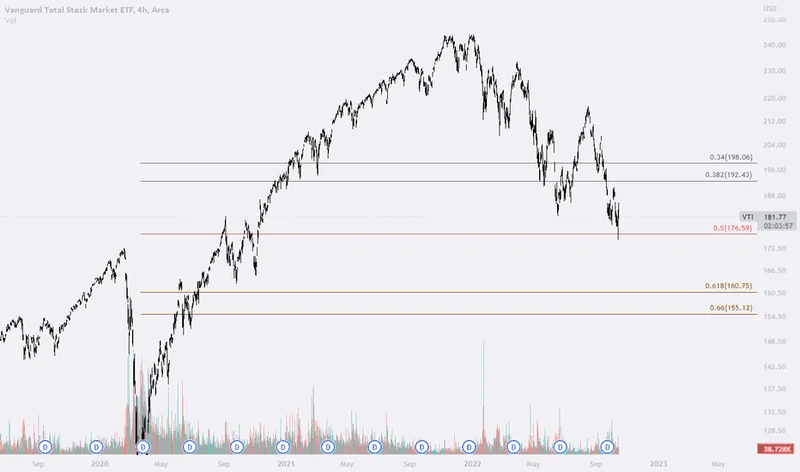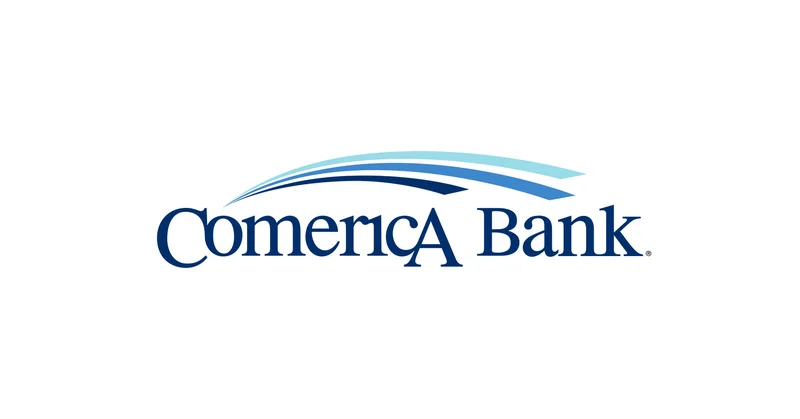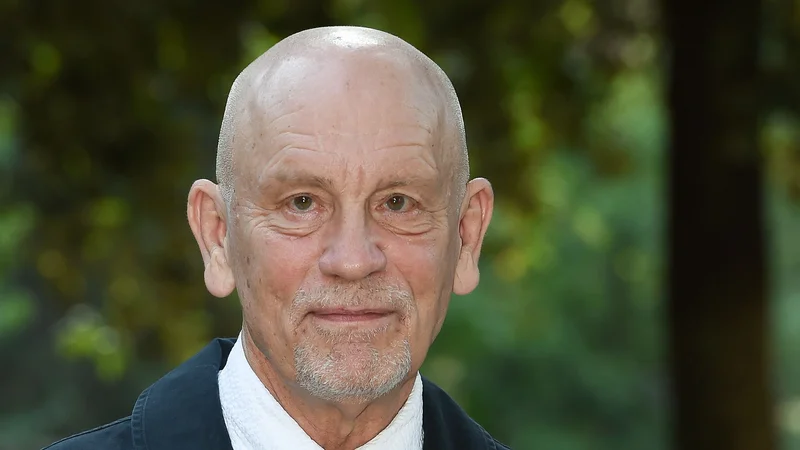Halda Therapeutics: The Stock's Real Story
J&J Throws Billions at 'Buzzy' Cancer Tech: Innovation or Just Another Hype Cycle?
Alright, folks, buckle up. Another Monday, another corporate titan splashing cash like it's going out of style. This time, it's Johnson & Johnson, flexing their considerable financial muscle to snatch up Halda Therapeutics for a cool $3.05 billion. Let that number sink in for a second. Three billion dollars for a company built around a technology that, and I quote, "has not yet secured any drug approvals." Seriously, give me a break.
My immediate thought? It's like watching a high-stakes poker game where one player just shoves all their chips in on a hunch. A hunch based on something called "PROTACs"—targeted protein degradation. Sounds fancy, right? They're these "two-handed molecules" that supposedly grab disease-causing proteins and drag 'em to the "cellular garbage disposal." I can practically hear the marketing department high-fiving over that one. "Cellular garbage disposal!" It’s so wonderfully simplistic, so perfectly digestible for investors who probably couldn't tell a protein from a potato. But here’s the kicker: we're talking about a field that's been "exciting" the drug industry for a decade, attracting "significant investment," and yet... crickets on the actual patient-saving front. No approved drugs. None. Nada. Zip. So, what exactly are they buying for three billion dollars? The potential of a future garbage disposal?
The Billion-Dollar Bet on a Shiny New Toy
Let's be real, this whole PROTAC thing isn't exactly fresh off the lab bench. Yale chemist Craig Crews has been at this for a while, and his work has spun off "numerous startups." We've got Arvinas, for example, which has already hoovered up over a billion dollars and inked a deal with Pfizer. It's a gold rush, pure and simple. Everyone's scrambling to stake their claim in this new frontier, hoping to hit the motherlode before someone else does. But when you’re talking about a technology that’s been buzzy for ten years without a single regulatory win, you gotta ask: is this genuine scientific progress finally nearing a breakthrough, or are we witnessing another speculative bubble inflate before our very eyes?
I mean, J&J isn't just buying a drug; they're buying into the idea of a drug. They’re buying into the narrative that PROTACs are the next big thing in cancer treatment. And for $3.05 billion, that narrative better be a damn blockbuster. Imagine the board meeting where this deal got greenlit. I picture a room full of suits, probably clinking champagne glasses, convinced they've just cornered the market on cellular trash compactors. Meanwhile, out there in the real world, patients are still waiting, still hoping for something that actually works, not just a promise wrapped in a multi-billion dollar bow. It just feels like another instance of the big players throwing money at the wall to see what sticks, rather than meticulously building something concrete. And frankly, it's exhausting to watch.
My cynical brain immediately jumps to the "halda therapeutics stock" question. What were those early investors thinking? Did they know this payday was coming? Or did J&J just decide it was cheaper to buy the whole company than to develop their own version and risk missing out? It’s a classic move: acquire, don't innovate from scratch. Maybe I'm just jaded, but it often feels like the pharmaceutical industry isn't so much about revolutionary breakthroughs as it is about strategic asset accumulation. It’s a land grab, and Halda was just the choicest piece of undeveloped real estate.
The Unanswered Questions Behind the Price Tag
This whole deal just leaves me with more questions than answers. What exactly did Halda have that was so uniquely compelling that it warranted such a massive price tag before any clinical validation? Was it just a patent portfolio? A few brilliant scientists? Or was it the sheer FOMO (Fear Of Missing Out) from J&J, watching other giants like Pfizer dip their toes in? I mean, Arvinas has a Pfizer partnership, but even they ain't got an approved drug yet. So, what's the rush? What's the secret sauce that makes Halda's unproven pipeline worth more than some small countries' GDP?
It makes you wonder about the internal pressures at these massive corporations. Is it about genuinely advancing medicine, or is it about showing "growth" to shareholders, about making a splash in the headlines? I can't help but feel like these huge investments often serve more as a signaling mechanism to the market than a true commitment to a specific scientific pathway. It's a declaration: "We're serious about cancer! Look, we spent three billion dollars!" It's a PR coup as much as it is a business transaction. And honestly, it makes me question the entire incentive structure of drug development. We celebrate the acquisition, the valuation, the "buzzy new technology," but the actual, tangible benefit for patients? That's still a distant, unconfirmed dream. Then again, maybe I'm the crazy one here for expecting real-world results before the ticker tape parade.
So, What's the Real Story?
Here's the brutal truth: J&J just dropped three billion dollars on a lottery ticket. A very expensive, very hyped lottery ticket that promises to clean up cellular messes. Whether that ticket is a winner or just another piece of paper to be tossed into the actual garbage disposal remains to be seen. But until I see actual patients benefiting from this "buzzy new technology," I'm gonna stay cynical. This ain't innovation; this is speculation on an industrial scale. And we, the public, are always the ones left holding the bag if it all goes sideways.
Previous Post:Tim Cook: Apple's CEO, his net worth, and the succession question
No newer articles...
Related Articles
That VTI 'What If' Article: Why It's Mostly Garbage
So, I pulled up my portfolio this morning. September 4, 2025. Ten years to the day since I dropped a...
Rivian Stock: Price Fluctuations and Layoff Concerns
Alright, let's dissect this Rivian (RIVN) surge. A 22% rally on Q3 earnings that "beat the Street"?...
Immaculata's Open House: A Data-Driven Breakdown for Prospective Students
On the surface, the announcement is unremarkable. Immaculata University, a private institution nestl...
Fifth Third Swallows Comerica for $10.9B: Why It's Happening and Why You Should Care
So, another Monday, another multi-billion dollar deal that promises to "create value" and "drive syn...
The Proposed 2025 IRS Relief Payment: What the Data Says About Eligibility and Payouts
The 'Quiet Fleets' Are Coming. Here’s What the Data Actually Says. =================================...
John Malkovich Cast as President Snow: An Analysis of the Casting and Its Implications
The announcement landed with the precision of a well-funded marketing campaign. The Hunger Games, a...





